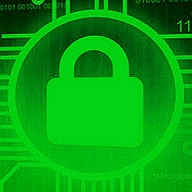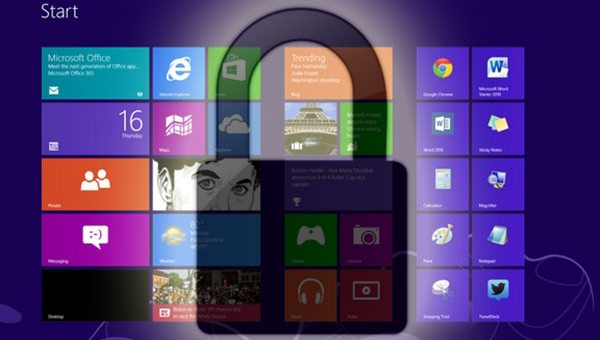Windows security has become the major concern of the Internet users over the past recent years. It is quite imperative to keep your home computer safe from spyware, hackers, viruses and other Windows security threats. Applying Windows security patches, restricting the access of unauthorized users to computer server, applying security templates, installing the latest anti spyware and antivirus program as well as keeping your operating system up-to-date, are the general methods of securing your computer and network.
On the other hand, unauthorized access, information theft, accidental deletion of files, spyware and viruses are major Windows security threats. Kudos to the written malicious codes premeditated to detect adware, malware, spyware, trojan and viruses. As part of your Windows security measure, it is mandatory to apply local security policies on each computer in a network.
Make sure that you have set the permissions to access a particular folder to only the required users, if you have made a shared folder in your computer to be accessed by other users in the network. Your perceptive information can seep out and your records can be scrubbed out by mistake from the shared folder, if you haven’t secured the shared folder by restricting the permissions.
Another tip to Windows security is to connect the hardware firewall, if your PC is connected directly to the Internet through DSL or cable net. In addition, it is also a good idea to configure and install the software firewall. There is built-in Firewall installed in Windows XP and you can turn it on and off by selecting Network and Internet Connections from the control panel. You can also use Sygate personal firewall for your Windows security.
Identifying the mysterious processes running at the backend with the operating system is another Windows security measure. These processes begins when the Windows startup. Identify the command and description line instructions for each process.
The most imperative causes of Windows security compromises are weak and bad passwords. Don’t ever make your password a dictionary word and make sure that you change your password more often than not. To make strong password, always use the combinations of symbols, alphanumeric and spaces between words.
Finally, encrypting your important files is quite an important Windows security measure to ensure that they cannot be read or accessed by unauthorized users.
As Windows security has become the major concern of all Internet users in the past recent years, the above tips to Windows security will help you keep your computer safe.

